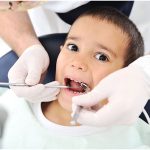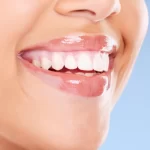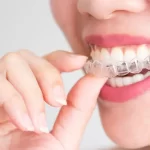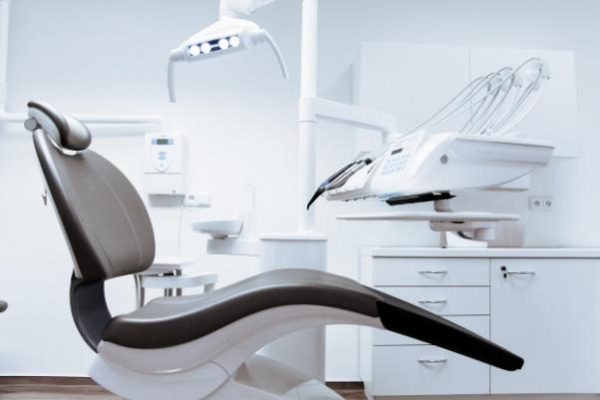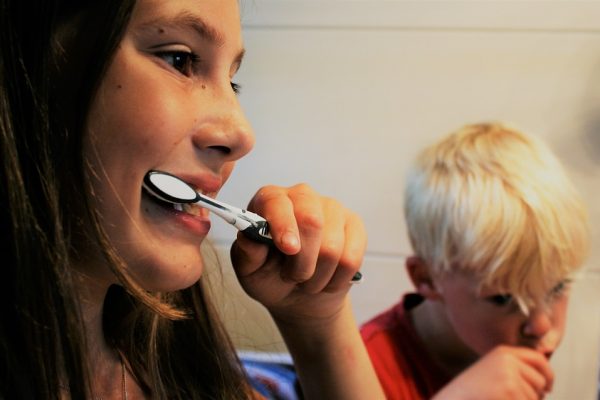What your kids eat certainly has an impact on their teeth. For instance, an excess of carbohydrates and sugar staying on your kids’ teeth for long hours is the prime reason for tooth decay. Sticky, chewy foodstuffs like caramel, granola bars, raisins and syrup bind firmly to your kids’ teeth. So, the saliva is unable to get rid of the sugar present in these foods. The only way to remove the sugar is to have your kids brush promptly after consuming such foods.
Chocolate – Good or Bad for Kids?
Chocolate, by and large, affects kids’ teeth positively as well as negatively. How good or bad chocolate is for their oral health depends on what type it is. So, put aside your childhood teaching of chocolates only leading to tooth decay, and don’t remove them from your kids’ menu altogether.
While sugary, chocolate-filled candy and chocolate-flavoured cakes don’t keep teeth healthy, dark chocolate, i.e. the type of chocolate with a minimum of 70 percent cocoa, is a cavity fighter. Isn’t it good news?
Dark chocolate has lesser quantities of sugar, unlike milk chocolate. Milk chocolate contains 70 percent sugar and only 30 percent cocoa. White chocolate also contains large amounts of sugar due to the presence of milk solids and doesn’t have cocoa solids at all.

White chocolate contains 17grams of sugar per ounce whereas one ounce each of milk chocolate and dark chocolate contains 15 grams and 14 grams of sugar respectively.
Good oral health is vital to your kids’ overall well being. Help them have healthy teeth by teaching them to eat tooth-friendly foods.
Here are key reasons why dark chocolate is good for kids’ teeth:
It helps to combat gum diseases – Recent studies show that consuming dark chocolate helps to fight severe gum diseases like periodontal disease. It is due to the chocolate’s rich composition of antioxidants, which are highly beneficial to oral health.
When your kids eat dark chocolate, the increased levels of antioxidants in saliva prevent the gums from swelling. Plant-based antioxidants called flavonoids restrict the speed of tooth decay. Dark chocolate contains flavonoids called catechin and epicatechin which perform this role.
Research findings at the University of California revealed that 100 grams of dark chocolate contain appreciably more quantities of catechin and epicatechin compared to milk chocolate of equal weight.
It prevents the formation of plaque -Dark chocolate contains plant compounds called tannins, which impart the mildly bitter taste to dark chocolate. These plant compounds also give chocolate its dark colour. When your kids eat dark chocolate, the molecules of tannins stick together to bacteria. It prevents the formation of plaque and hence the formation of acids which damage the tooth coating, causing dental cavities.

It prevents bad breath – Polyphenols in dark chocolate can restrict the growth of oral bacteria. These chemicals also impede the transformation of some sugars into acid, which is harmful to tooth enamel. Thus dark chocolate effectively prevents tooth decay. Furthermore, the presence of polyphenols in dark chocolate neutralizes the microorganisms that give your kids bad-smelling breath.
A word of caution about dark chocolate:
Keep in mind that snacking on dark chocolate is not the same as downing a plate filled with vegetables. Though dark chocolate has a few significant health benefits, it does contain sugar as well as fat. So, dark chocolate is still a caloric food which your kids must consume within reasonable limits.
Restrict your kids’ daily intake of dark chocolate to one ounce which has almost 150 calories. Also, eating dark chocolate is not a substitute for brushing. Make sure your kids still brush at least twice a day. With such disciplined portion control and regular brushing habits, your kids will end up having healthy teeth without compromising on other aspects of health.
The adverse effects of milk chocolate on kids’ teeth:
Milk chocolate, by the nature of its composition, is unhealthy. Besides adding innumerable calories to your kids’ food intake, the rich concentration of sugar in milk chocolate makes it a threat to the dental system. When your kids eat milk chocolate, its remnants stay on the teeth. Due to high levels of sugar, the remnants of milk chocolate produce large quantities of acid which contend with saliva in your mouth. Then they begin to move towards the enamel damaging it in the process.
After a while, large cavities form and lead to severe complications, if not treated in time.

The adverse effects of white chocolate on kids’ teeth:
White chocolate, one of the most widely-eaten chocolates worldwide, consists of milk solids and sugar. Generally, the vanilla flavour goes well with white chocolate. While making white-coloured chocolate from raw cacao, it becomes necessary to remove the dark-coloured cocoa solids from the beans. So, removing the antioxidant-rich ingredients of cacao beans makes white chocolate extremely sweet and fatty.
Also Read: How To Brush Your Teeth Properly
Also, white chocolate has plenty of milk solids, further shooting the sugar levels up. When your kids eat white chocolate, it’s sure to cause cavities. The excess sugar present in the chocolate converts to acids, corroding the protective tooth enamel. So, your kids can suffer from tooth decay, extreme sensitivity, loosening of teeth and even severe gum diseases.

You can prevent trouble for your kids by having them brush and floss immediately after consuming the sugary chocolate. However, you will need to keep strict limits on their daily consumption of white chocolate.
Conclusion:
So, take into account the levels of sugar the chocolate contains, while establishing its suitability for your kids’ teeth. Chocolate becomes more harmful for your kids’ teeth as its sugar content increases.
Overall, dark chocolate is more tooth-friendly than milk chocolate and white chocolate. So, you’d surely want to teach the “right” chocolate habits in your kids to ensure their healthy lifespan.
While it’s a good idea to fit a resin crown on a tooth which is vulnerable to severe decay, it’s also worthwhile monitoring your kids’ daily consumption of chocolate.


